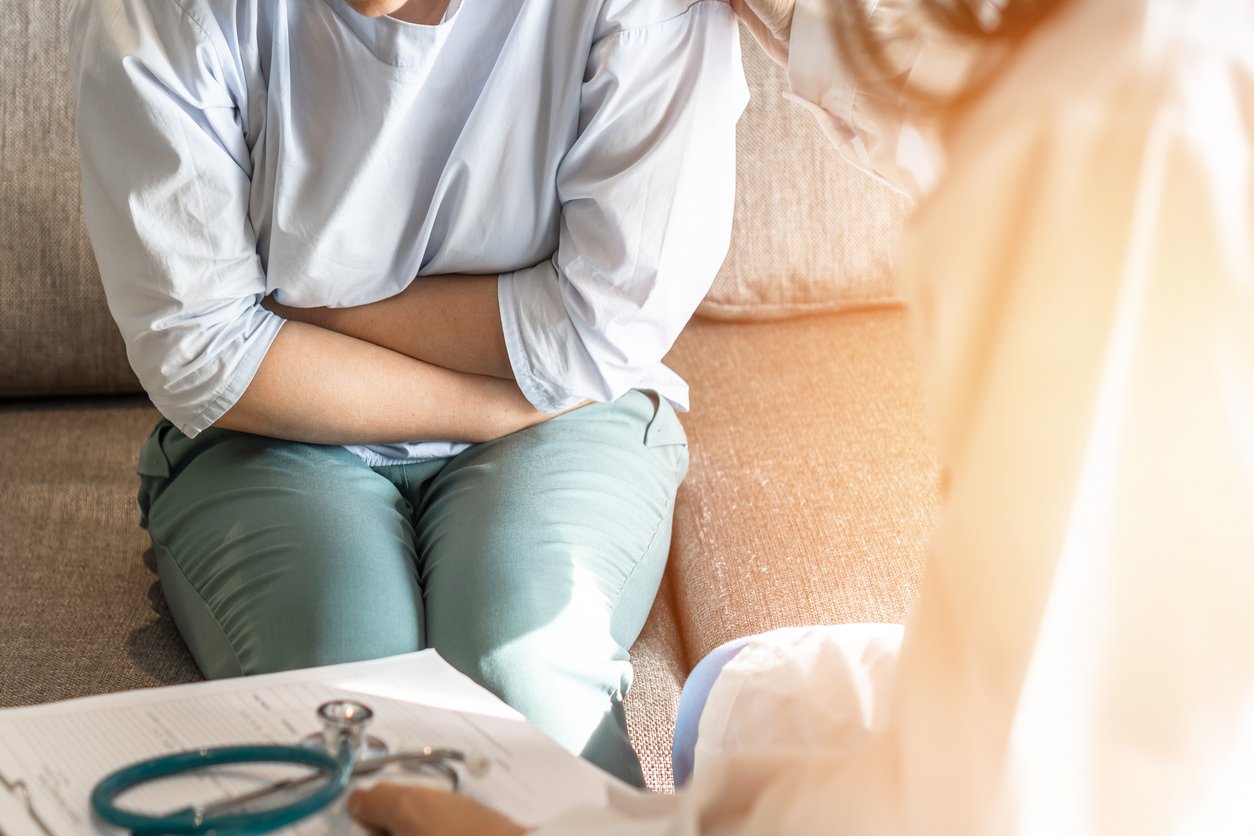Endometriosis and Fertility: What You Need to Know
Posted on March 17th, 2020

Endometriosis is a reproductive condition in which uterine tissue, known as the endometrium, spreads / grows outside the uterus. These growths typically affect the fallopian tubes, the ovaries, the tissue lining of the pelvis, and the bowels. It can be exceedingly difficult to detect, as it doesn’t always present with significant symptoms. Furthermore, because the symptoms are similar to other conditions, including irritable bowel syndrome (IBS) and pelvic inflammatory disease (PID), it is often misdiagnosed.
While the condition can be mild and cause no serious medical issues, anywhere from 30% to 50% of women with endometriosis may end up struggling with infertility. March is National Endometriosis Awareness Month, which gives us a chance to shed some light on this disorder, spread awareness about its link to infertility, and empower women to take charge of their reproductive health.
Endometriosis and Infertility
During normal menstruation, the endometrium in the uterus thickens, breaks down, sheds, and is released from the body through the vagina. With endometriosis, the tissue growing outside the uterus behaves in the exact same way. However, because of the location of the growth, the tissue is unable to exit the body and becomes trapped.
This can lead to a wide range of issues, including scarring, adhesion, inflammation, ovarian blockage, and fallopian tube obstruction. While the relationship between endometriosis and infertility isn’t fully understood, it’s theorized that, by disrupting the reproductive system, these conditions play a role in endometriosis-related infertility.
Can Endometriosis Be Prevented or Cured?
At the present time, there is no way to prevent or cure endometriosis. However, there are certain lifestyle choices that may help lessen your chances of getting endometriosis. Furthermore, it is a treatable condition, and in many cases, symptoms can be effectively managed in order to prevent serious fertility complications.
To lower your odds of getting endometriosis, providers typically advise women to maintain a generally healthy lifestyle. This means achieving and keeping a healthy BMI, limiting alcohol consumption, and exercising regularly.
Women should also assess their risk level for endometriosis so that they can talk to their gynecologist about the condition sooner rather than later. Early detection will allow you to get access to treatment faster, which can lower your chances of having major fertility challenges in the future. Common treatment options include over-the-counter pain relievers, such as ibuprofen (Advil), and hormone therapy, such as birth control pills. In some cases, your provider may perform laparoscopic surgery to remove endometrium growths.
If you do end up struggling with endometriosis-related infertility, there are still options available to you. Fertility treatments, such as intrauterine insemination (IUI) and in vitro fertilization (IVF), can improve your probability of conceiving. If necessary, there are also third-party reproduction options.
Learn More
By being aware, women are empowered to take control of their reproductive health and are better equipped to make informed decisions about their future fertility plans. To learn more about endometriosis, infertility, and fertility treatment options, contact Aspire Fertility today.

























